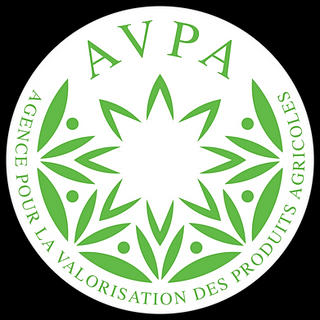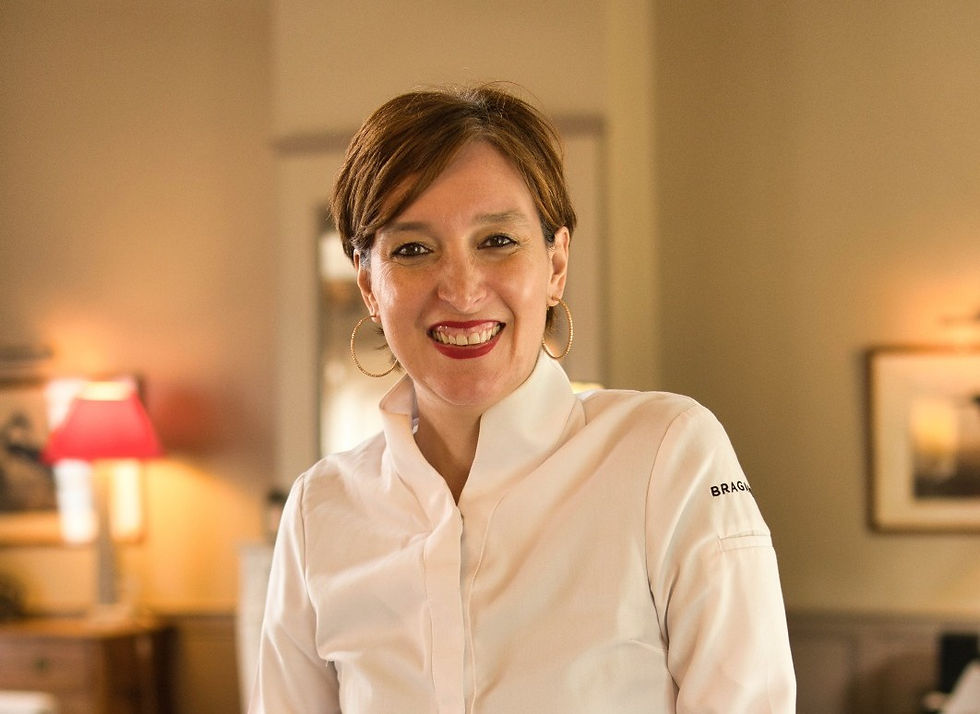Locally Roasted Coffees, the virtuous circle of quality
- Philippe Juglar
- Sep 29, 2021
- 5 min read
Food products of exceptional quality are always offered by the farmers when they process their production themselves. There are as many European examples as of the wine bottled at the château, the olive pressed as close as possible to the olive grove or the cheese is processed in the cooperative cave. Further examples are given by tea in China or Japan, beef in Kobe, , Kampot’s black pepper in Cambodia or Penja’s white pepper from Cameroon. All these products are processed as close as possible to the growers. Proud owners of exceptional know-how, these producers strive to get the best out of their fields, of which they know each corner. Harvest after harvest, they take care of their plants and try to find new techniques and processes before and after harvest. Skilfully mixing varieties, soils and exhibitions, they offer us exceptional quality of products.
This of course applies to coffee as soon as the coffee grower becomes a taster of his production.
During one of the Edible oil contests, a meeting with a large rapeseed producer in the Paris region allowed us to confirm what was still only an intuition suspected in contact with a Panamanian cafetero who roasts his own coffee. This field farmer had decided to transform his rapeseed to sell it as virgin oil. When asked about the impact of this development on his behaviour as a farmer, his response was concise: "You know, sir, when you drink your field you no longer look at it the same way". In fact, the producer of an agricultural raw material is essentially committed to respecting physicochemical characteristics while striving to improve its yields. Whoever will taste his production and sell it as a food, will rather seek the best organoleptic qualities while respecting his health and that of his land.
This is very clearly happening in the coffee producing countries. Farmers are no longer just producers of a raw material; they are becoming passionate lovers of coffee.
Often brought from Europe in the baggage of the colonial powers, coffee has long been and remains for many as a cash crop. As with our grain producers, we first talk about productivity, the number of defects, or cleanliness of the cup.
Why do it better ? since the price is imposed by a stock exchange of raw materials that we have absolutely no control over and that in any case the batch that we will send will be mixed in large silos to allow standardized industrial productions.
Things started to change from the end of the last century. Producing countries have become consumers. They have taken back the art of coffee. A real addiction to coffee is developing in these regions of the world where we finally see producers who are passionate about getting from their Finca, their Fazenda or their Estate the best coffee possible, like France wine producers did.
It is therefore true that, from extremely low levels (with the notable exception of Brazil or Ethiopia), consumption per capita has experienced impressive growth almost everywhere. 37% in Colombia over the last 6 years, 25% in Mexico since 2016, more than 20% in Brazil in the last decade. In Indonesia consumption has doubled compared to 2010. In Uganda it has increased by more than 30%.
This development was made possible by the establishment in major cities of coffee consumption points which are no longer reserved only for expatriates. In Bengkulu in Indonesia, in Tegucigalpa in Honduras or in Yaoundé in Cameroon it is now possible to find establishments capable of offering the full range of coffee preparations.
Roasting is not to be outclassed. Historically, an industrial roast had developed locally but rather oriented towards soluble coffee capable of being exported to large international distributors. Today, quality roasters have been created. They can be based on a farm which transforms its own coffee production possibly augmented by purchases of neighbourhood. Often initiated in desperation at a time when green coffee no longer made it possible to survive, they have proven to be the best vectors for developing quality and making farms profitable, far from the vagaries of the international market. In the process, local roasters were created which, like French olive mills or wine breeders, were able to create a close partnership with a network of local producers committed to excellence.
The consequences of this real cultural revolution will be extremely important.
Producers are finally free from the constraints of an international price fixed by exchanges for the part of the coffee they can sell roasted. More important, roasting at the origin allows producers to improve their margins in a very significant way given the fact that the share of raw material in the package or cup of coffee has been constantly reduced over the years. It is not so much about adding the tangible value of roasting and packaging. Rather, this local transformation leaves the producer with the intangible value that attaches to the finished product and to consumer recognition of its brand or its Geographical Identity, properties of producers. The day will come when major international distributors realize that they have the most equitable and most efficient way to meet the legitimate demands of consumers in the North.
One can imagine that the coffee trade will gradually join the usual agro-food industrial model in Europe. Globally, on our continent, according to the FAO, more than 60% of food products are produced and processed by cooperatives. In France 40% of food products are offered to consumers directly by agricultural producers.
The cultural impact is no less negligible. Local roasting allows producers to regain control of the academic knowledge of their product, without waiting for advisers from consumption countries. The French have developed the art of tasting wine, the Italians that of olive oil, the Chinese are the masters of tea. Ethiopians have all the legitimacy to draw from their culture an art of coffee that Colombians or Brazilians among others know how to develop without waiting for the advice of consumers. This rebalancing leads to an adult commercial relationship between production and consumption countries which makes it possible to free oneself from the charitable supervision, no doubt benevolent but always imperial, of organizations with big hearts piloted from consumer countries.

What are the consequences for roasters in consumer countries?
In the short term, they will benefit from this quality approach for producers. We have been able to observe for several years that, for example, research carried out by the most advanced producers in terms of fermentation made it possible to find coffees with new subtleties. On the economic level, the role of local roasters will remain essential. Even if certain roasters positioning themselves on the very high-end segment are orienting themselves towards the importation of roasted coffee at the origin, they will maintain the role which is that of tea shops: research and selection of fine wines, blend for find harmonious blends, advice and service to the consumer or at the point of sale to learn again and again how to make and appreciate a coffee of excellence.











Comments